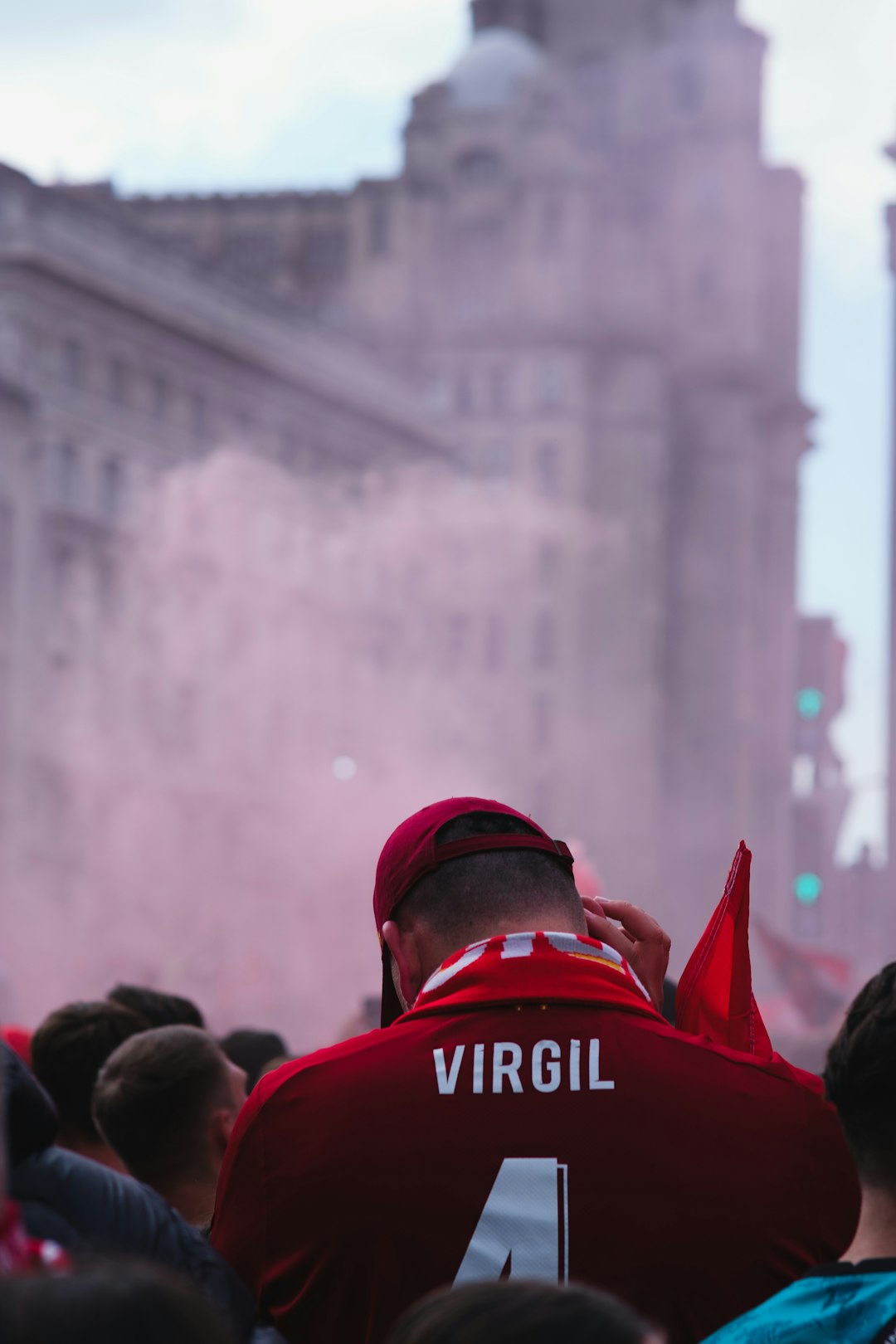In the world of football, much of the spotlight often shines on prolific forwards and dazzling midfielders. However, the role of the defender is equally vital. Over the decades, the position of a defender has evolved from a purely reactive role to one that is strategic, intelligent, and often team-defining. The storied history of football is filled with iconic defenders whose skills and leadership have solidified their legacy and transformed the way the game is played.
The Evolution of the Defensive Role
Historically, defenders were primarily tasked with stopping opponents and clearing the ball. The tactical nuance seen in today’s game was less prominent. However, over time, defenders have become playmakers, leaders, and even goal-scoring threats. Their positioning, anticipation, and passing abilities are now central to a team’s defensive and offensive setup.
Modern teams rely on defenders not only for their ability to intercept and tackle but also for initiating attacks, maintaining possession, and providing width. These responsibilities demand a high level of football intelligence, physical discipline, and technical skill.
Legendary Defenders and Their Lasting Impact
Franz Beckenbauer – The Inventor of the Sweeper Role
Franz Beckenbauer, often nicknamed “Der Kaiser,” was instrumental in redefining the role of a central defender. Playing for Bayern Munich and the German national team, Beckenbauer introduced the concept of the sweeper or libero — a more attacking, free-roaming defender who could initiate forward plays.
His calmness on the ball, vision, and ability to carry the ball out of defense made him a tactician’s dream. He led West Germany to World Cup glory in 1974, showcasing leadership and tactical brilliance that would influence generations of defenders. Today’s ball-playing center-backs owe much to Beckenbauer’s innovations.
Paolo Maldini – Consistency Personified
Few defenders command the respect that Paolo Maldini does. Spending an astonishing 25 seasons with AC Milan, Maldini epitomized elegance, discipline, and loyalty. Known for his intelligence more than brute force, he relied on anticipation and superior positioning.
Maldini won seven Serie A titles and five European Cups/Champions Leagues, marking him as one of the most decorated defenders in the sport’s history. His ability to play both as a full-back and central defender with equal competence made him a versatile asset.

Cafu – Redefining the Right-Back Role
Cafu, Brazil’s dynamic right-back, revolutionized the expectations of full-backs. Known for his unmatched stamina and attacking instincts, Cafu competed at four World Cups, winning two of them in 1994 and 2002. He captained Brazil to their fifth championship in 2002.
Unlike traditional full-backs, Cafu would overlap into the attacking third, stretching opponents and delivering precise crosses. His style has inspired the current generation of offensive full-backs such as Dani Alves, Joshua Kimmich, and Trent Alexander-Arnold.
Franco Baresi – The Ultimate Organiser
Franco Baresi was the tactical brain behind AC Milan’s ironclad defense in the late 1980s and early 1990s. Playing as a central defender, Baresi was a master of the offside trap and a commanding presence in the backline. His partnership with Paolo Maldini created one of the most impregnable defenses in football history.
He brought an intellectual approach to defending, reading the game two steps ahead and organizing the defensive line with precision. His leadership helped Milan to six Serie A titles and three European Cups.
Premier League Era Titans
John Terry – Heart of Chelsea’s Defense
John Terry was the cornerstone of Chelsea’s golden era, captaining the club through their rise to European elite status. Renowned for his bravery, aerial prowess, and leadership, Terry won five Premier League titles and a Champions League with the London side.
He often played within a conservative backline, but his ability to marshal a defense and score crucial goals during set-pieces made him indispensable. Terry remains one of the most successful captains in Premier League history.
Virgil van Dijk – The Modern-Day Colossus
Virgil van Dijk has been a transformative figure since joining Liverpool in 2018. He brought immediate stability and leadership to a side striving for consistency. Van Dijk’s composure under pressure and ability to neutralize top-tier strikers quickly elevated him among the elite.

With van Dijk in the heart of defense, Liverpool won the UEFA Champions League in 2019 and the Premier League in 2020. His influence extends beyond clean sheets — he sets the tone for the team’s confidence and tactical execution from the back.
Great Defenders Outside of Europe
While European leagues dominate football narratives, other regions have produced world-class defenders as well. Some of these include:
- Daniel Passarella – A fierce and technically gifted center-back from Argentina who captained his nation to World Cup victory in 1978.
- Carlos Alberto Torres – Captain of Brazil’s 1970 World Cup-winning squad and scorer of one of the most iconic goals in football history.
- Héctor Chumpitaz – Known as “El Capitán de América,” the Peruvian defender was a leader and organizer of his team in the 1960s and 70s.
The Defender’s Role in the Tactical Era
With advanced statistics and tactical philosophies becoming more prevalent, defenders today must be multi-dimensional. Coaches now expect them to contribute to attacking phases, pass with accuracy, and remain tactically disciplined. The rise of formations like 3-5-2 and high-press systems has redefined traditional roles.
Here are some ways in which defenders impact modern football:
- Ball Progression: Initiating quick transitions from defense to attack through accurate long and short passes.
- High Defensive Line: Controlled by center-backs with pace and tactical awareness to catch opponents offside.
- Versatility: Full-backs now often play as midfielders or inverted wingers depending on the tactical setup.
Legacy and Influence on Youth
The success and careers of players like Beckenbauer, Maldini, and van Dijk have changed the aspirations of young footballers. With more emphasis on technical quality and intelligence, academies are now developing defenders with a strong emphasis on ball control, vision, and decision-making rather than just physicality.

Youth coaches use video analysis and modeling to teach young players how to emulate their idols. For instance, Beckenbauer’s composure, Maldini’s anticipation, and van Dijk’s positioning are all used as teaching tools in modern football academies.
Conclusion
Famous football defenders have not only etched their names into history but have profoundly influenced the evolution of the sport. By redefining what it means to be strong, intelligent, and tactically aware on the football pitch, they have shifted the global perception of defensive roles. Their legacy is not just measured in clean sheets or trophies but in the continued influence they exert on new generations of footballers aiming to reach the pinnacle of the game.
